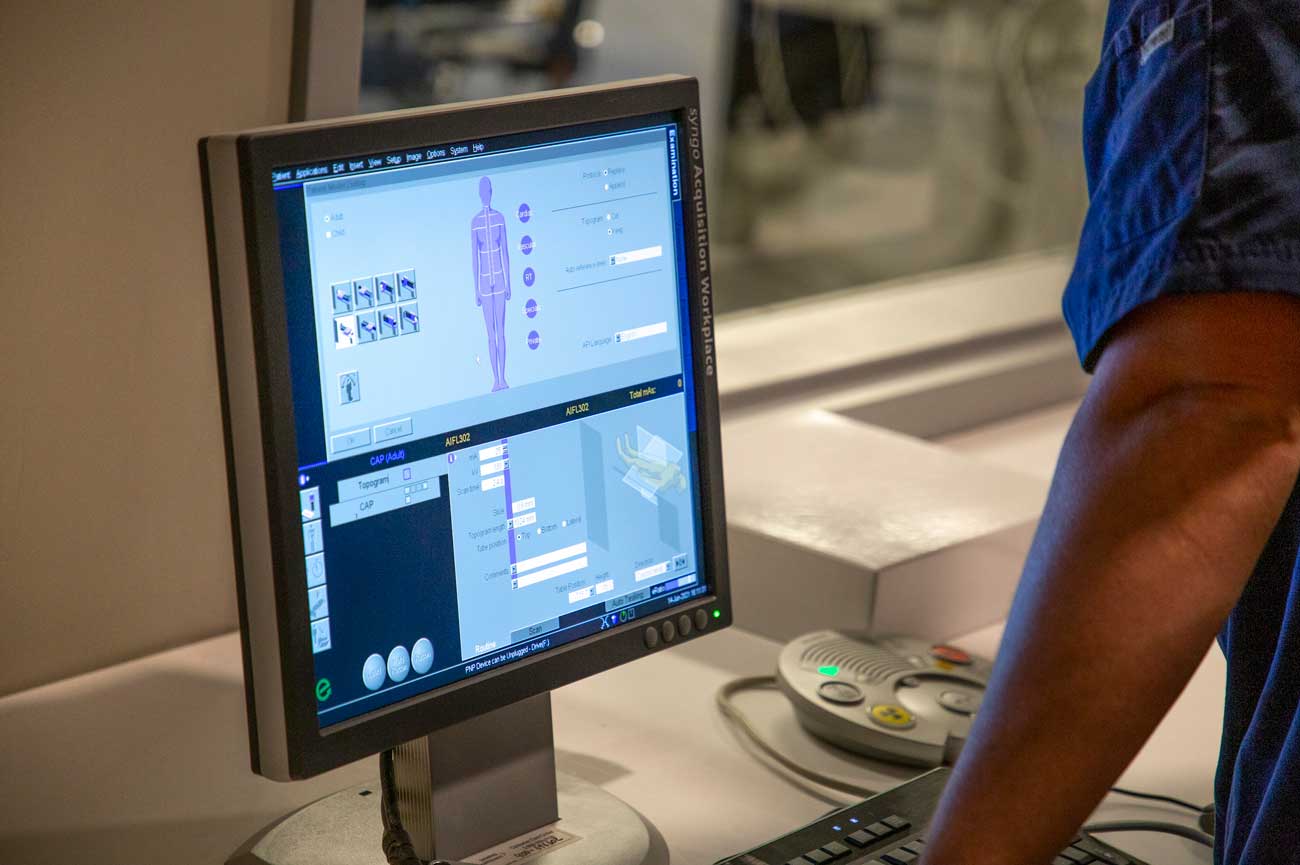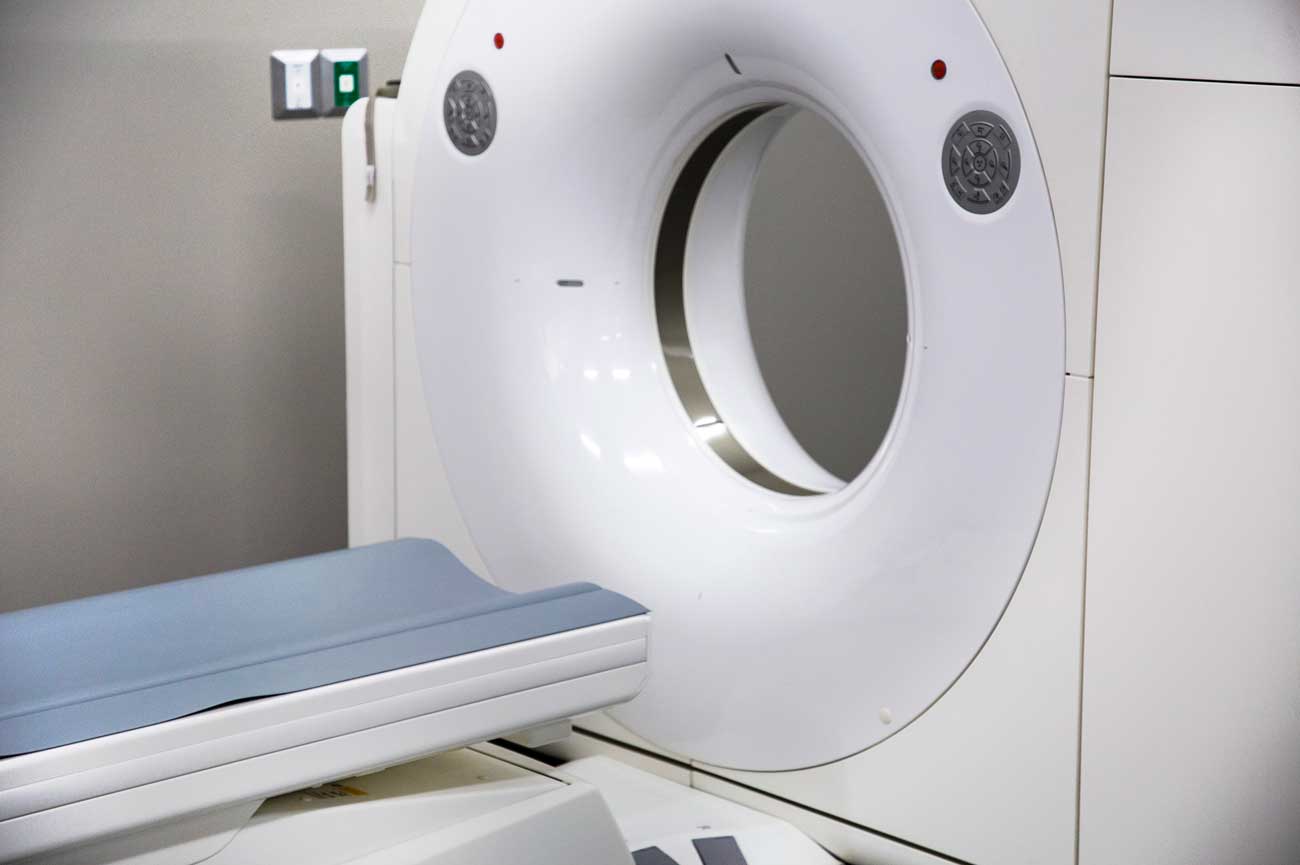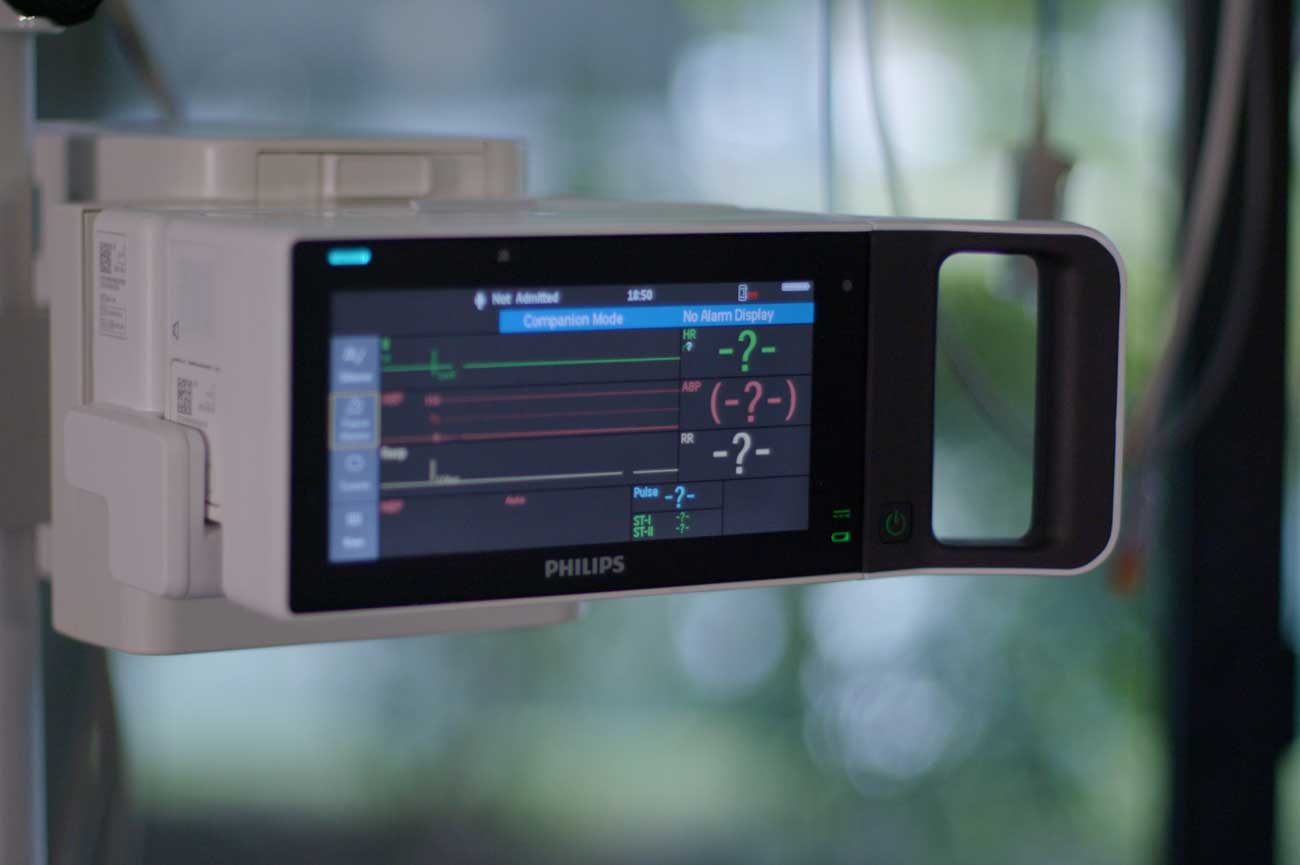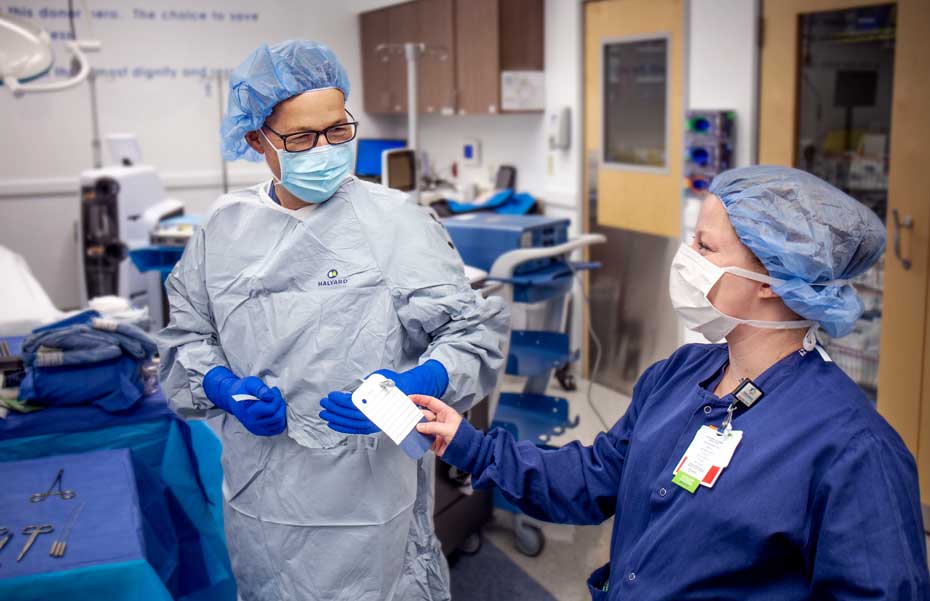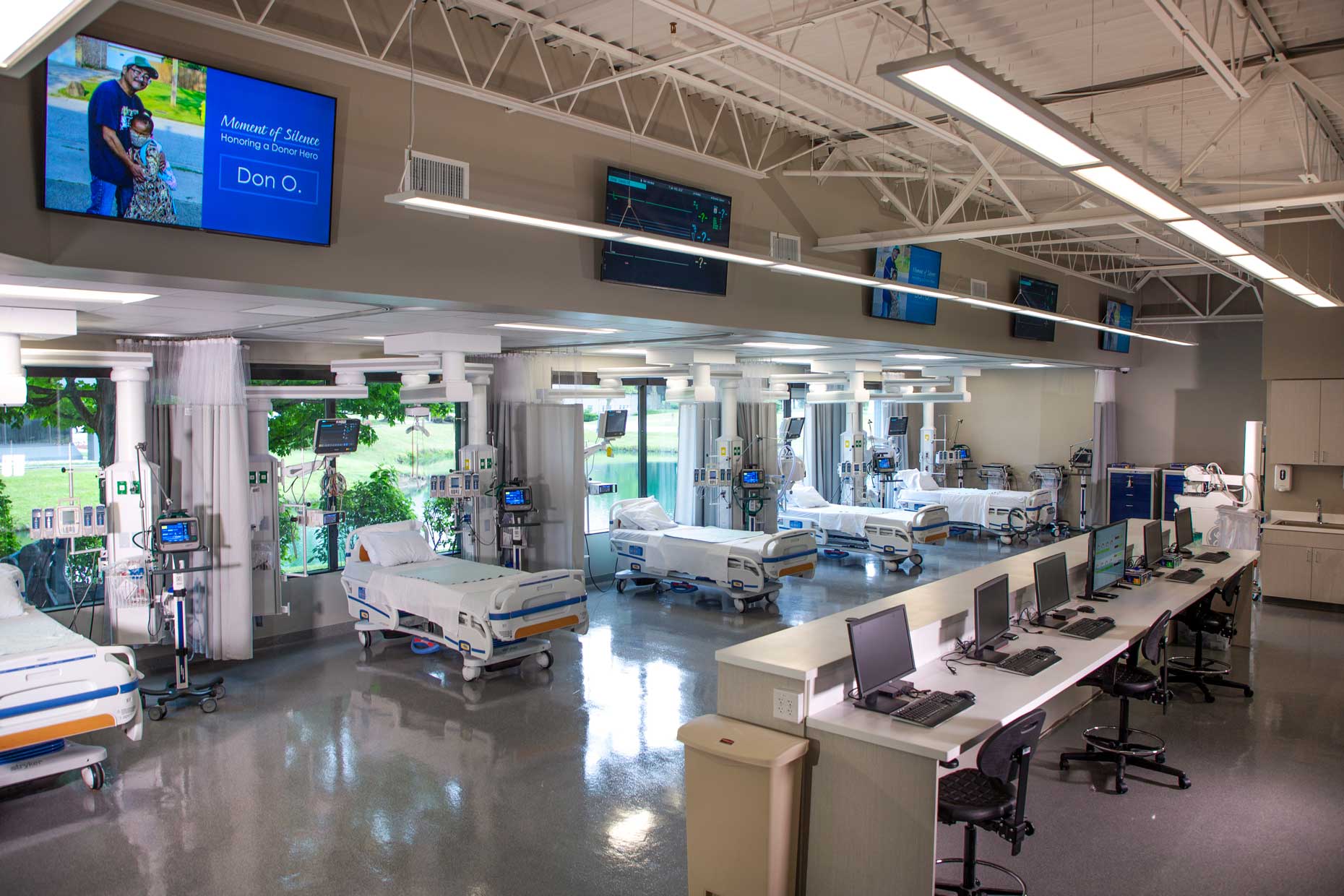
About the Organ and Tissue Recovery Center
The Indiana Donor Network Organ and Tissue Recovery Center allows us to transport organ donors from hospitals to our own Indianapolis location. The facility includes operating rooms and a five-bed intensive care unit.
Additionally, we have the diagnostic capabilities and equipment hospitals use when managing potential donor cases, including the capability to do lung bronchoscopy and cardiac echocardiogram at bedside. We also have a cardiac cath lab on site. We have a CT scanner with the ability to perform Computed Tomography Angiography and kidney perfusion pumps available for use after every organ recovery surgery. Learn more about our kidney perfusion operations.
Our dedication to family-focused bereavement support services remains steadfast. Our commitment stands strong with our professional partners to serve donor heroes, their families and patients waiting for a lifesaving transplant.
